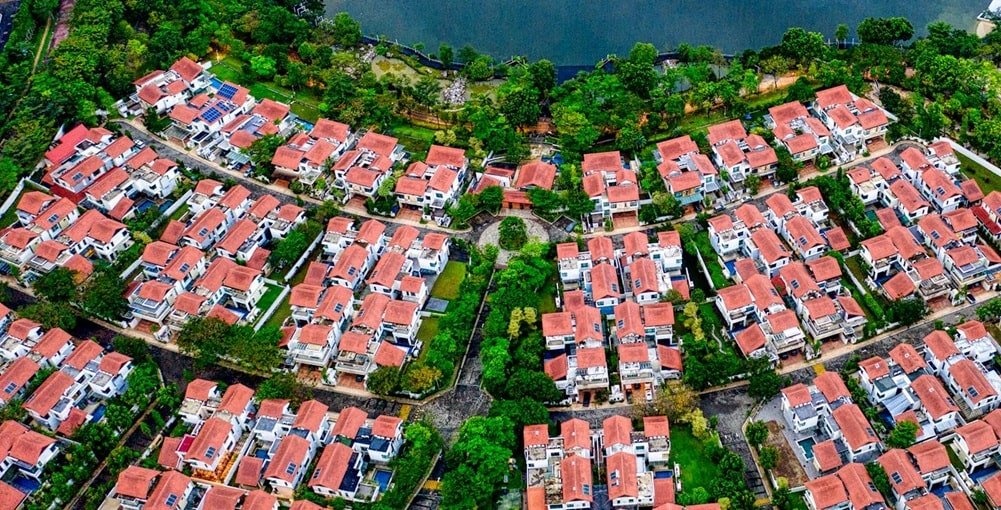Malaysians' Top Challenges in Buying A House in Malaysia
The dream of owning a home is universal, but for many Malaysians, this aspiration is increasingly becoming a distant reality. Malaysia’s property market has witnessed significant fluctuations in recent years. There are numerous challenges for prospective homebuyers. From escalating prices to regulatory constraints, Malaysians face a wide range of obstacles when attempting to purchase a house. This article explores the top challenges encountered by Malaysians in their quest to buy a house in Malaysia.
1. Escalating Property Prices
One of the largest challenges in purchasing a house is the rise in property prices. Over the past few decades, urbanization and increased demand for housing have contributed to soaring real estate values. Cities like Kuala Lumpur, Johor Bahru, and Georgetown have witnessed particularly steep increases in property prices. Homeownership is getting harder for many Malaysians, especially the younger generation and those from lower-income backgrounds.
The phenomenon of house price inflation has been worsened by speculative activities and insufficient regulation in the real estate sector. Developers often prioritize luxury projects aimed at high-income buyers. It has prevented the majority of Malaysians from seeking affordable housing solutions. The disparity between income levels and property prices has widened, creating a housing affordability crisis that undermines the socioeconomic well-being of Malaysian society.

2. Limited Access to Financing
Securing adequate financing is another significant obstacle for Malaysians wanting to buy a house. While various local banks offer housing loans, stringent eligibility criteria and high down payment requirements pose formidable barriers for many prospective buyers. Additionally, individuals with irregular income streams or limited credit histories often encounter difficulties in obtaining mortgage approvals.
The government’s efforts to address this issue through initiatives such as the My First Home Scheme and PR1MA have had limited success in alleviating the financing constraints faced by aspiring homeowners. Furthermore, the recent economic uncertainties have exacerbated the situation. Nowadays, banks have to adopt more conservative lending practices, thereby further restricting access to housing finance.
3. Affordability
Affordability remains a critical concern for Malaysians seeking to purchase a house, particularly in urban areas where the cost of living is higher. Despite the introduction of affordable housing schemes and incentives, many Malaysians still struggle to find housing options within their budget constraints. The mismatch between supply and demand has perpetuated the affordability crisis. Homeowners are forced to either defer their purchasing plans or settle for substandard housing conditions.
Moreover, the disparity between income levels and property prices also contributes to the affordability challenge. As wages stagnate while housing costs continue to rise, the gap between what Malaysians can afford and what is available on the market widens. This situation not only hampers individuals’ ability to achieve homeownership but also contributes to social inequality and financial insecurity. Without meaningful interventions to address this structural imbalance, the dream of owning a house may remain elusive for a significant portion of the population. As a result, the cycle of poverty and housing instability will keep rotating.
4. Regulatory Constraints
Navigating the complex regulatory framework governing property transactions in Malaysia can be a daunting task for prospective homebuyers. Cumbersome approval procedures and ambiguous legal requirements often prolong the purchasing process, leading to frustration and uncertainty among buyers and sellers. Issues such as land title disputes, zoning regulations, and environmental clearances can impede property development initiatives and delay housing delivery.
5. Infrastructure and Urban Planning
Inadequate infrastructure and urban planning pose additional challenges for Malaysians seeking to purchase a house. Rapid urbanization and unplanned development have led to traffic congestion and environmental degradation in major cities, detracting from the overall quality of life. The lack of essential amenities such as public transportation, healthcare facilities, and recreational spaces further diminishes the attractiveness of certain residential areas, limiting housing options for prospective buyers.
Addressing infrastructure deficiencies and promoting sustainable urban development require coordinated efforts from government agencies, urban planners, and community stakeholders. Investments in public infrastructure projects, such as transportation networks and affordable housing developments, are essential to enhancing accessibility, connectivity, and livability in urban areas. All of these initiatives can help to improve housing affordability and quality of life for Malaysians.

6. Lack of Transparency and Property Scams
The lack of transparency in Malaysia’s real estate market perpetuates an environment ripe for exploitation and fraud. Misleading advertisements often present properties in a more favorable light than reality. Benefits are often exaggerated to lure in unsuspecting buyers. Additionally, unscrupulous developers may engage in deceptive practices, such as misrepresentation of property features, failure to deliver promised amenities, or even outright construction defects. These unethical behaviors erode trust between buyers and developers, tarnishing the reputation of the real estate industry as a whole.
Hidden costs further compound the challenges faced by buyers in Malaysia’s real estate market. Beyond the initial purchase price, buyers may encounter unexpected charges buried within complex contracts or overlooked during negotiations. These hidden costs can include maintenance fees, legal fees, and taxes, significantly inflating the overall cost of homeownership. Without full transparency regarding these expenses, buyers may find themselves financially overextended or unable to afford the true cost of ownership.
Conclusion
Malaysians are constantly facing various challenges in buying a house in Malaysia. From escalating property prices and limited access to financing to regulatory constraints and infrastructure deficiencies, the barriers to homeownership are formidable and require comprehensive solutions. Addressing these challenges requires a concerted effort from policymakers and industry stakeholders to promote inclusive growth in the housing sector. By addressing these challenges collaboratively, Malaysia can unlock the full potential of its property market and ensure that homeownership remains within reach for future generations.